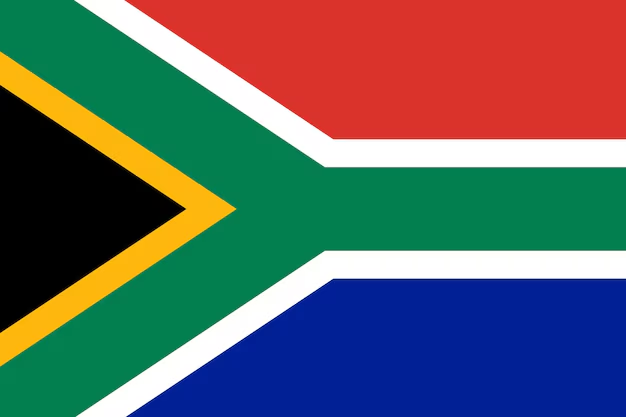Africa is one of the fastest-growing digital payments markets in the world, powered by mobile money, digital wallets, and cross-border trade. For Payment Service Providers (PSPs), the continent represents massive opportunity—but also a complex challenge.
Fragmented local payment systems, lack of interoperability, and high cross-border costs often slow expansion. In this case study, we explore how PSPs use TransFi’s local payment rail for Africa to enter new markets, integrate seamlessly with mobile money and stablecoins, and unlock instant cross-border payments.
The Challenge: Scaling PSPs Across African Markets
PSPs expanding into Africa face several barriers:
- Fragmented rails – Each country has different mobile money and bank systems.
- Limited interoperability – Cross-border flows between wallets and banks are often blocked.
- High FX costs – Legacy systems add expensive fees to cross-border PSP settlements.
- Integration delays – Building local connections can take months, slowing time-to-market.
Without a unified solution, expansion across Africa becomes slow and costly.
The Solution: TransFi Local Payment Infrastructure for Africa
TransFi Africa payments infrastructure gives PSPs access to local and cross-border rails through a single API.
Key features include:
- Mobile Money Integration – direct connectivity with leading wallets like M-Pesa, Airtel Money, and MTN Mobile Money.
- Stablecoin Settlement – reduce FX costs with instant settlement in USDC/USDT.
- Local Bank Connectivity – access to African bank payment systems without complex integrations.
- Unified API – one connection instead of multiple country-specific integrations.
- Instant Cross-Border Payments – faster settlement across borders for PSP merchants.
This allows PSPs to scale across Africa without building custom infrastructure market by market.
The Results: Faster PSP Expansion Into Africa
By using TransFi’s African fintech infrastructure, PSPs achieved:
- 50% faster expansion timelines – going live in weeks instead of months.
- Lower FX and settlement costs – stablecoins replaced expensive correspondent banking.
- Broader market coverage – seamless access to mobile money and bank rails across multiple countries.
- Improved merchant retention – faster, cheaper settlement attracted more local and cross-border merchants.
One PSP entering Kenya, Nigeria, and Ghana reported a 30% reduction in settlement costs and achieved double-digit merchant growth within the first quarter of launch.
Why PSPs Choose TransFi for Africa
- Speed to Market: Local rails without lengthy custom builds.
- Cost Efficiency: Stablecoin settlements reduce FX fees.
- Comprehensive Coverage: Connects banks, wallets, and mobile money.
- Cross-Border Advantage: Unlocks instant African trade flows.
For PSPs, TransFi is the bridge to Africa’s payments ecosystem.
Also read: Ecuador’s Payment Rails & How They Work – Sistema de Pagos Interbancarios & Mobile Wallets
Conclusion
Africa’s digital payments market is booming, but fragmented infrastructure makes scaling difficult for PSPs. With TransFi’s local payment rail for Africa, PSPs gain faster access, lower costs, and the ability to scale across multiple African countries with one integration.
FAQs
1. How do PSPs expand into Africa with TransFi?
By using TransFi’s unified API that connects to banks, mobile money, and digital wallets across African markets.
2. Does TransFi support mobile money in Africa?
Yes—PSPs can integrate with M-Pesa, Airtel Money, MTN Mobile Money, and more.
3. How does TransFi reduce FX costs?
By enabling stablecoin settlement (USDC/USDT) for cross-border payments.
4. Which African countries does TransFi support?
Markets include Kenya, Nigeria, Ghana, South Africa, and others.
5. What’s the main benefit for PSPs?
Faster expansion, lower costs, and broader coverage across Africa.
Table of Contents
Suggested Article
Explore our products

Make global payments at the speed of a click

Accept payments, remove borders.

Unlock Seamless Digital Currency Transactions Anywhere
























